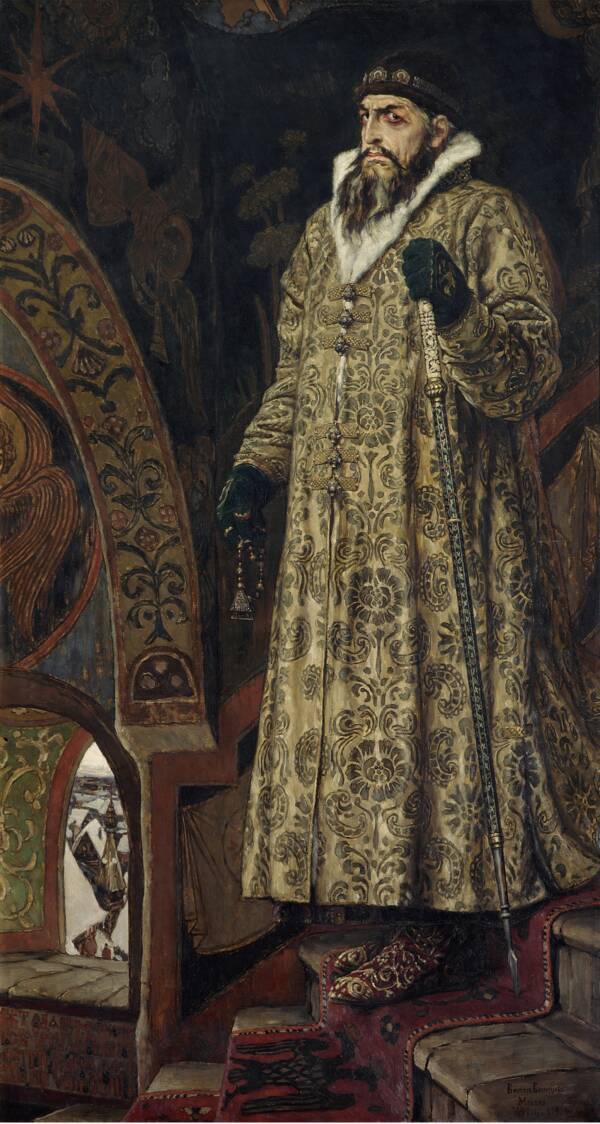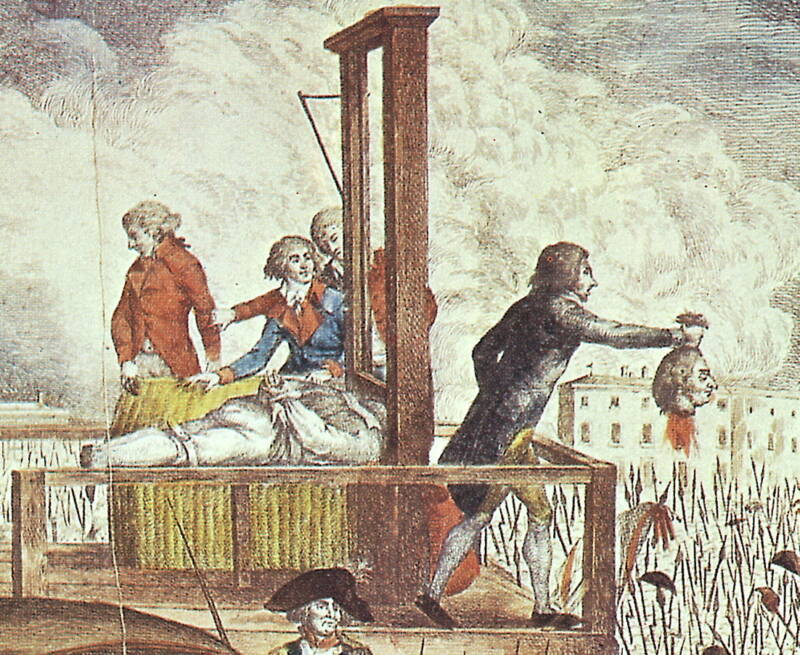What happened on this day in history: Ivan the Terrible becomes czar of Russia, Operation Desert Storm begins, and other noteworthy events from January 16th.
27 B.C.E: Augustus Becomes The First Emperor Of The Roman Empire
Octavian, dubbed “Augustus,” takes power over the Roman Empire. The heir and successor of Julius Caesar, Augustus had long battled Mark Antony for total power in Rome. Having defeated Antony, Augustus went on to rule for four decades, establishing a powerful empire that lasted in various forms for roughly 1,500 years.
1547: Ivan The Terrible Becomes Czar Of Russia

Public DomainIvan the Terrible developed a violent reputation during his long reign.
Ivan IV Vasilyevich becomes the czar of Russia at the age of 16. Later known as Ivan the Terrible, the czar’s later reign was marked by the torture and execution of his enemies. He was also known for flying into mad rages, as in 1581 when Ivan murdered his own son and heir.
1793: Louis XVI Is Sentenced To Death

Wikimedia CommonsExecutioner Charles-Henri Sanson shows Louis XVI’s head to the crowd just after his beheading.
King Louis XVI of France was captured in the summer of 1791 while trying to flee the country and had been imprisoned ever since. Following a six-week trial, he was found guilty of high treason and other crimes on January 15, 1793, with 693 deputies voting yes and not a single one voting no. The next day, as the National Convention spent a day and a half deciding whether to execute him or not, the vote was much closer.
In the end, Louis XVI was condemned to death by a majority of just one vote — a tally that would have been a deadlock had his own cousin not voted for his execution. Five days later, on January 21, that execution took place as Louis XVI was beheaded by guillotine at the Place de la Révolution in Paris.
1919: Prohibition Of Alcohol In The United States Is Ratified
The U.S. Congress officially ratifies the 18th Amendment to the Constitution, prohibiting the production and sale of alcoholic beverages. After prohibition went into effect a year and a day later, sheriffs, police officers, and federal agents across the country began confiscating and dumping untold quantities of alcohol. From New York to California, bottles were emptied down storm drains while barrels were smashed with axes and picks.
But even after all that booze was spilled, countless Americans still found ways to drink, whether by distilling moonshine, imbibing industrial-grade alcohol, going to speakeasies, filtering Sterno through a handkerchief, or simply buying grape juice and letting it sit out for a few months. In the end, Prohibition proved untenable and it was eventually repealed on December 5, 1933.
1936: Albert Fish Is Executed
Albert Fish is executed by electric chair at the age of 65 at Sing Sing Prison in New York. A vicious serial killer, rapist, and cannibal, Fish brutally murdered at least three children between 1924 and 1928. And although it remains unverified, Fish himself claimed to have taken as many as 100 victims.
1991: Operation Desert Storm Begins

Steve Liss/Getty ImagesThree men reading about the commencement of Operation Desert Storm.
Operation Desert Storm begins in Kuwait. Five months earlier, Iraqi troops invaded Kuwait, leading to a build-up of American and allied forces in nearby Saudi Arabia to defend the country. The military operation lasted just 43 days and resulted in a victory for the American-led coalition.
1992: El Salvadorian Civil War Ends
The El Salvadorian Civil War ends, resulting in the signing of the Chapultepec Peace Accords in Mexico City. The war began after a 1979 coup and the subsequent murder of anti-coup protestors and activists. From this year until the signing of the peace accords, an estimated 75,000 people died in the conflict.
The Salvadorian government fought against Farabundo Martí National Liberation Front (FMLN) guerrillas in its quest for total control of the country. The Salvadorian government’s “scorched earth” strategy led to massive human rights violations and major atrocities that still permeate the country’s political culture today.



